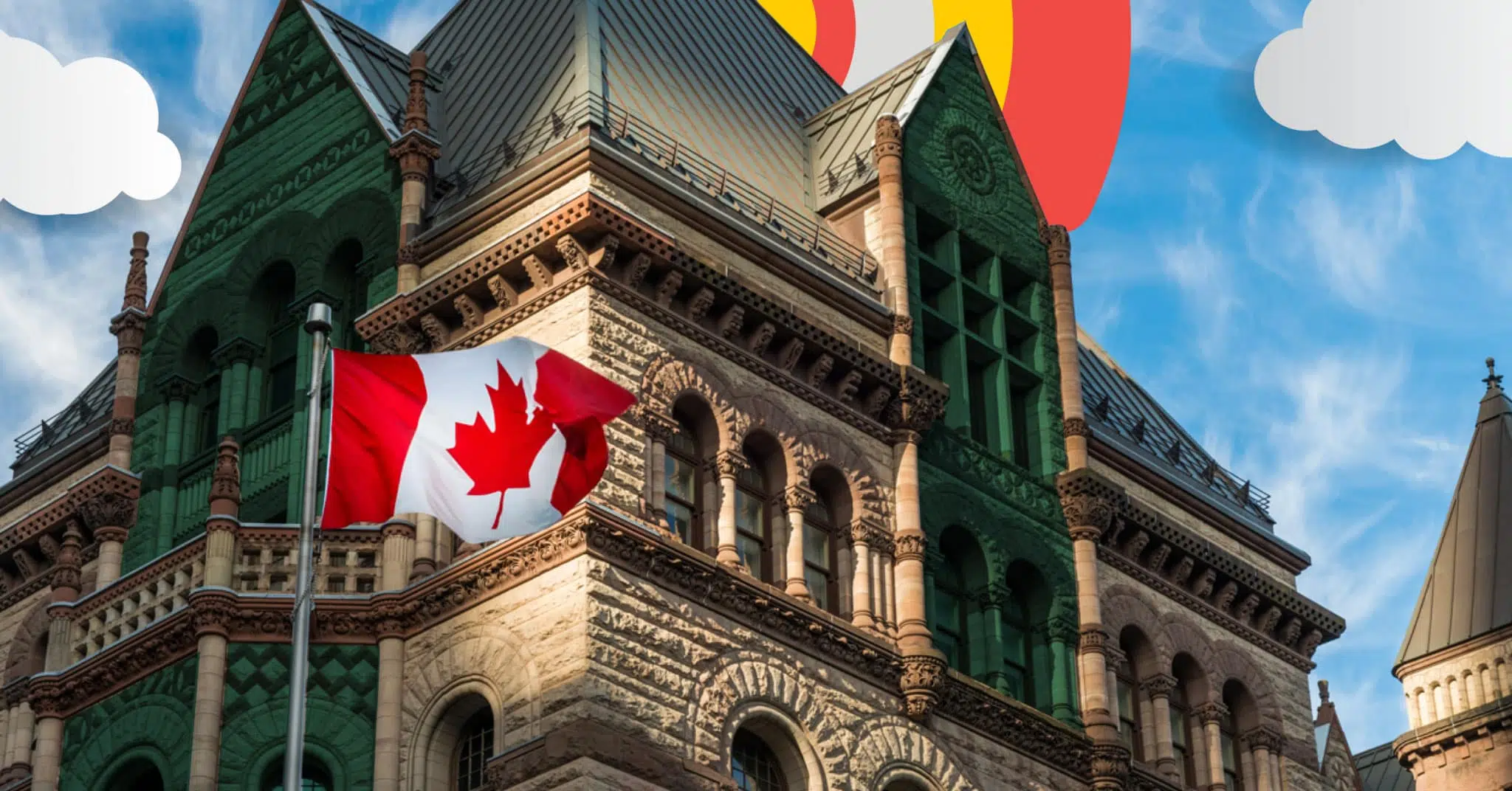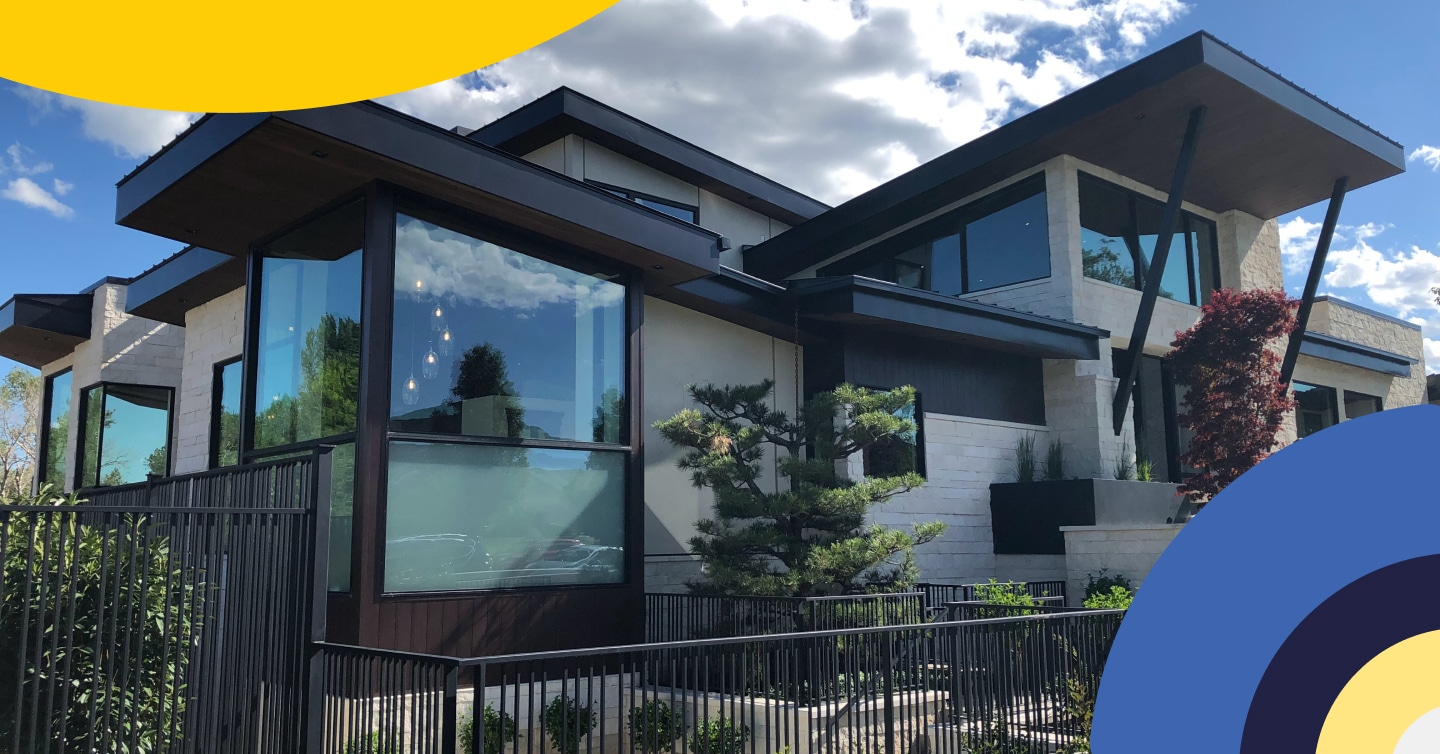Real Estate #Featured articles
Real Estate #Featured articles
Toronto Vacant Home Tax

Table of contents
Toronto’s Vacant Home Tax (VHT) addresses the city’s housing shortage by encouraging property owners to occupy or rent out their homes. The VHT was introduced to tackle housing availability challenges with financial implications for property owners. Revenue generated from the program is expected to be allocated to affordable housing initiatives. The VHT plays a crucial role in shaping the real estate market in Toronto, encouraging property owners to either sell or rent out their vacant homes or be subject to a tax.
Key Takeaways
- The Vacant Home Tax applies to residential properties left unoccupied for 6 months or more within a calendar year.
- Exemptions include properties undergoing renovations, the death of an owner, or properties that serve as principal residences.
- Failure to report can result in penalties, including significant fines and potential legal action.
What Is the Toronto Vacant Home Tax?
The Toronto Vacant Home Tax was introduced as a way to boost housing availability by discouraging property owners from keeping their residential properties empty. The tax aims to combat Toronto’s housing crisis by motivating owners to rent out unused properties or sell them. Declarations are required for the 2022 and 2023 taxation years, with vacant tax set at 1% of the property’s current assessed value, which is set to increase starting with the 2024 tax year to 3%.
Who Does the Tax Apply To?
The VHT declaration applies to all owners of residential properties within Toronto, even if you live in the home as your primary residence or qualify for an exemption. The tax is levied on residential property owners whose properties remain vacant for 6 months or more in a calendar year or who fail to declare by the annual deadline.
What Are the Exemptions for the Vacant Home Tax?
Not all properties are subject to the Vacant Home Tax. Exemptions are available for specific situations with supporting documentation.
- Death of a registered owner
- The principal resident is in care
- Renovations or repairs
- Transfer of legal ownership
- Occupancy for full-time employment
- Court order
- Vacant new inventory
- Secondary residence for medical reasons
How Much Is the Toronto Vacant Home Tax?
The tax is currently calculated as 1% of the property’s assessed value, based on the Municipal Property Assessment Corporation (MPAC) valuation.
For example, if your property’s assessed value for 2023 is $1,200,000, the vacant home tax applicable if your home was vacant for 6 or more months during the year would be $12,000.
$1,200,000 x 1% = $12,000
Beginning with the 2024 tax year, 3% of the property’s assessed value will apply to vacant homes. This would bring the vacant home tax for a property assessed at $1,200,000 in 2024 to $36,000.
$1,200,000 x 3% = $36,000
Find a better rate, and we’ll match it, beat it, or give you $500*.
*Conditions Apply
With nesto, it’s stress-free
Reporting Requirements and Key Deadlines
Property owners must declare their property status annually to the City of Toronto. Failure to declare by the deadline will result in the property being assumed vacant and a late fee charged. Fines of up to $10,000 in addition to the tax payment may apply if you make a false declaration or fail to provide information when requested.
Important Deadlines:
- Annual Declaration Deadline for 2024: April 30th, 2025
- Payment Deadline for 2024: 3 installments on September 15th, October 15th, and November 17th, 2025
How to Declare:
- Log into the City of Toronto’s online portal.
- Submit a declaration indicating your property’s occupancy status.
- Provide supporting documents if claiming exemptions.
How to Pay the Toronto Vacant Home Tax
The tax can be paid through various methods, ensuring convenience for property owners. Late payments are charged interest of 1.25% on the first day of default, and the first day of each month after for as long as the taxes or interest charges remain unpaid, so timely payment is essential.
Ways to Pay:
- Online via MyToronto Pay
- Banks and financial institutions
- Any of the city’s Inquiry & Payment Counters
- By mail via post-dated cheques
Frequently Asked Questions
What is considered “vacant” for the Toronto Vacant Home Tax?
A property is considered vacant if it is unoccupied for 6 months or more in a calendar year unless it meets one of the exempt criteria.
Are there penalties for late declarations or payments?
Yes, late declarations are subject to a late fee, and unpaid taxes will accrue interest.
How do I claim an exemption from the Vacant Home Tax?
To claim an exemption, submit your property status declaration and provide the necessary documentation for the exemption you qualify for.
Does the tax apply to second homes used occasionally?
Yes, unless the second home qualifies for any exemptions, it may be subject to the tax if it is not occupied for at least 6 months of the year.
How does the Vacant Home Tax impact Toronto’s housing market?
The tax is designed to increase housing availability by discouraging property owners from keeping their homes unoccupied, easing housing demand pressures.
Final Thoughts
The Toronto Vacant Home Tax is an initiative to address the city’s housing challenges. By requiring property owners to declare and pay a tax for holding an unoccupied home, it seeks to create a more equitable housing market. Homeowners must stay informed about their obligations to report the status of their home each year to avoid late fees and taxes.
Need guidance on how this tax affects your mortgage or property planning? Contact nesto mortgage experts today for personalized advice.
Ready to get started?
In just a few clicks, you can see our current rates. Then apply for your mortgage online in minutes!















